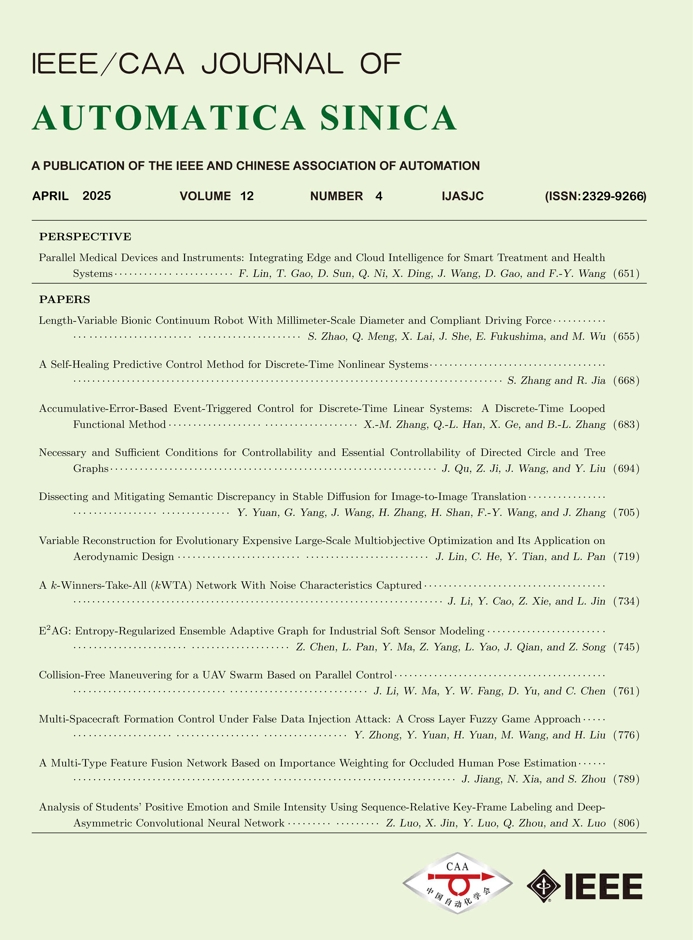Vol. 3, No. 4, 2016
Display Method:
2016, 3(4): 345-348.
Abstract:
2016, 3(4): 349-356.
Abstract:
2016, 3(4): 357-364.
Abstract:
2016, 3(4): 365-384.
Abstract:
2016, 3(4): 385-393.
Abstract:
2016, 3(4): 394-397.
Abstract:
2016, 3(4): 398-399.
Abstract:
2016, 3(4): 400-410.
Abstract:
2016, 3(4): 411-421.
Abstract:
2016, 3(4): 422-429.
Abstract:
2016, 3(4): 430-441.
Abstract:
2016, 3(4): 442-450.
Abstract:
2016, 3(4): 451-462.
Abstract:
2016, 3(4): 463-476.
Abstract:
2016, 3(4): 477-482.
Abstract:
2016, 3(4): 483-488.
Abstract:


 E-mail Alert
E-mail Alert


